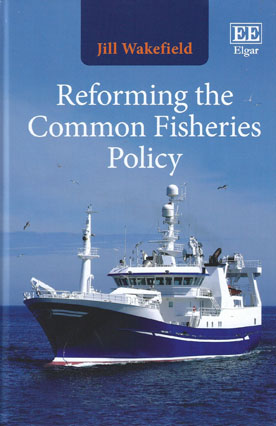
This timely book provides a critical examination of the policies and laws governing EU marine fisheries and the shortcomings of the 2013 Common Fisheries Policy (CFP) reform.
In particular it considers how reform is impeded by Treaty-guaranteed concessions, exemptions from general environmental legislation and the Court of the Justice's interpretation of principles unique to the sector.
The author discusses how the damaging effects of fishing could be ameliorated if the Court were to align fishery values with general principles of the law, and considers the institutional and regulatory frameworks needed to encourage prudent resource use.
The limited development of the CFP beyond the minimal requirements of international law is considered together with the role of the Court in sidelining scientific advice. The book provides a unique exploration of how these barriers to sustainability are compounded by regulatory capture and the public interest in fish resources being unrecognized.
Ultimately, the author proposes that the incoherence of the management regime be redressed through market-based reforms and the application of the user-pays principle.This book will be of keen interest to lawyers, environmentalists, policy-makers and marine scientists who are interested in marine fishery management, marine environmental protection, and marine sector economic sustainability. It will also appeal to those involved in developing trans-disciplinary platforms to promote marine resource sustainability.